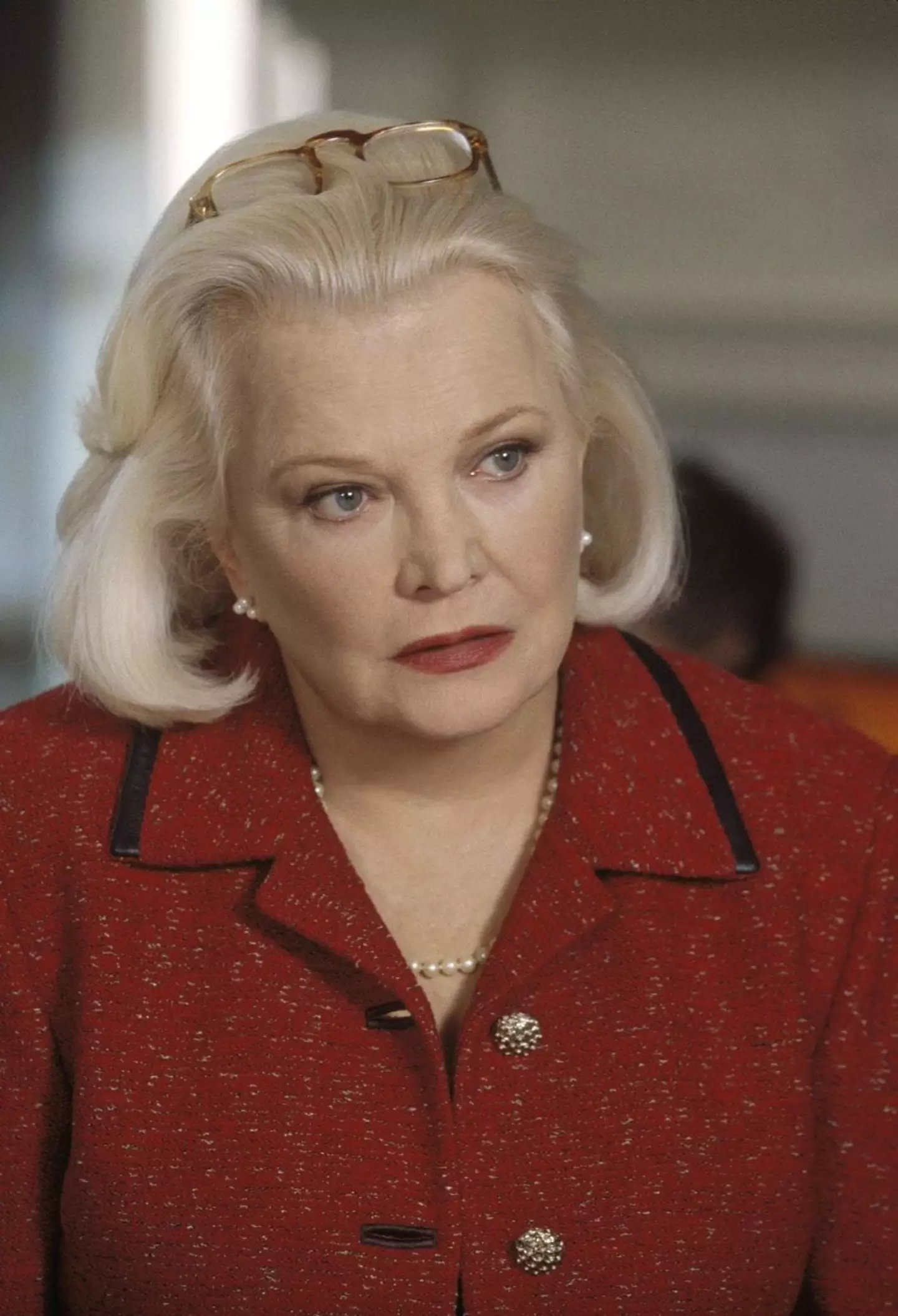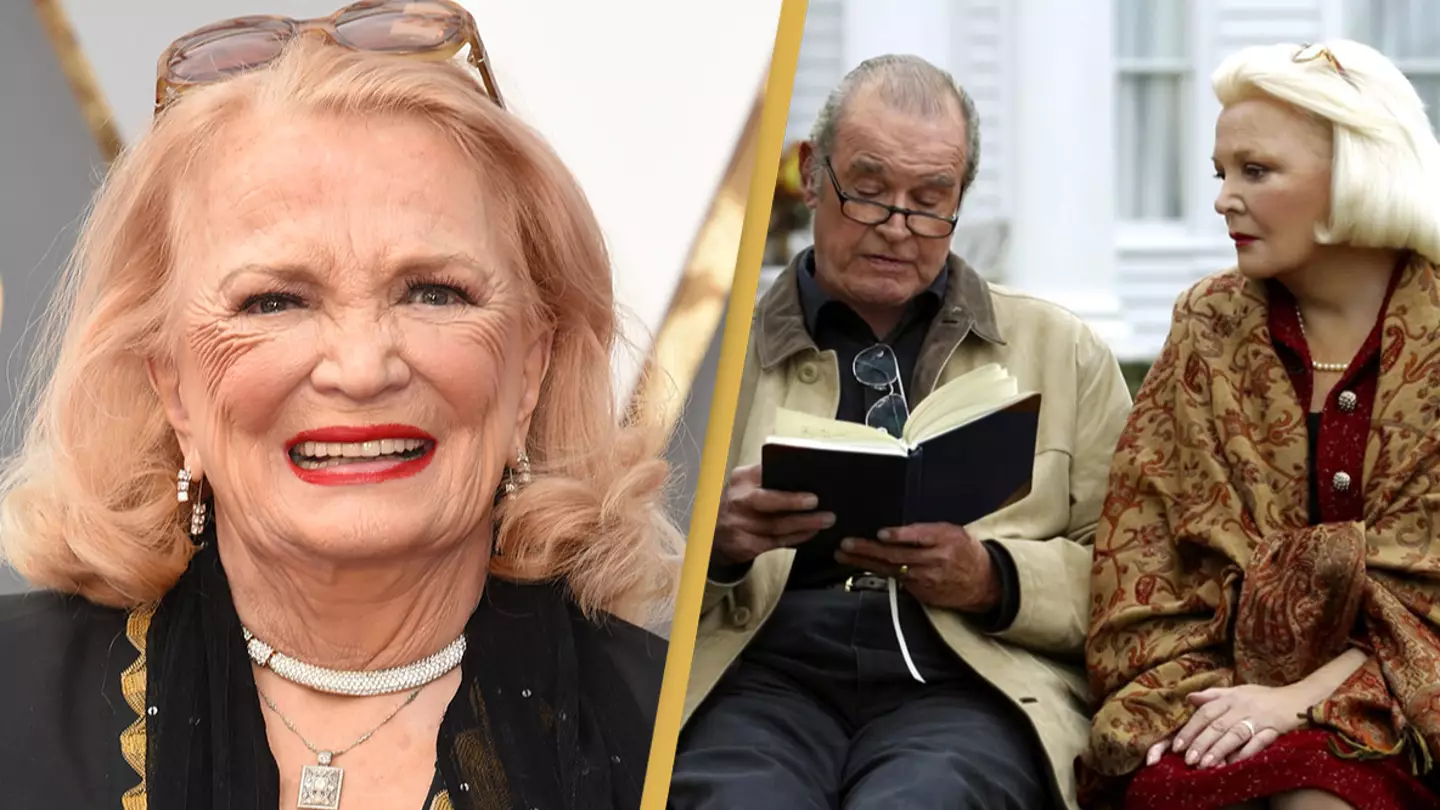Gena Rowlands, renowned for her role as the older Allie in the 2004 romantic drama “The Notebook,” is living with Alzheimer’s disease, her son Nick Cassavetes disclosed in an interview with Entertainment Weekly. The revelation comes as the beloved film, which also stars Ryan Gosling and Rachel McAdams, marks its 20th anniversary.
In “The Notebook,” which delves into the tumultuous love story of Allie and Noah as they contend with familial pressures and societal differences, Rowlands’ performance was pivotal.

Her son, who directed the film, shared, “I got my mom to play older Allie, and we spent a lot of time talking about Alzheimer’s and wanting to be authentic with it, and now, for the last five years, she’s had Alzheimer’s.”
Cassavetes continued, “She’s in full dementia. And it’s so crazy — we lived it, she acted it, and now it’s on us.”
The Alzheimer’s Association explains that Alzheimer’s disease is a major cause of dementia, a general term for a decline in mental ability severe enough to interfere with daily life. It typically involves a deterioration in cognitive abilities and social skills, which affects a person’s ability to function independently. The exact causes of Alzheimer’s are still not fully understood but are thought to include genetic, lifestyle, and environmental factors that affect the brain over time.
Cassavetes also revealed that Alzheimer’s ran in their family, influencing Rowlands’ decision to take on her role in “The Notebook.” In a 2004 conversation with O magazine, Rowlands expressed, “This last one — The Notebook, based on the novel by Nicholas The Notebook, based on the novel by Nicholas Sparks — was particularly hard because I play a character who has Alzheimer’s. I went through that with my mother, and if Nick hadn’t directed the film, I don’t think I would have gone for it — it’s just too hard. It was a tough but wonderful movie.”

Throughout her illustrious career, Rowlands has been recognized with two Oscar nominations for her roles in “A Woman Under the Influence” (1974) and “Gloria” (1980). Reflecting on the impact and enduring appeal of “The Notebook,” Cassavetes remarked, “It’s always a shock to hear that as much time has gone by as it has, but it makes sense. I’m just happy that it exists. It seems to have worked and I’m very proud of it.”

